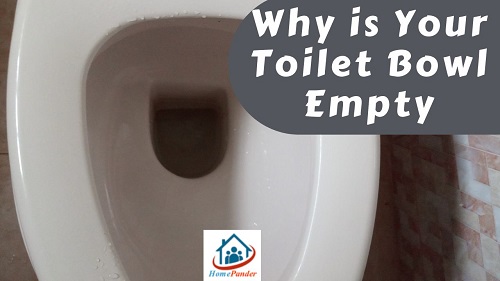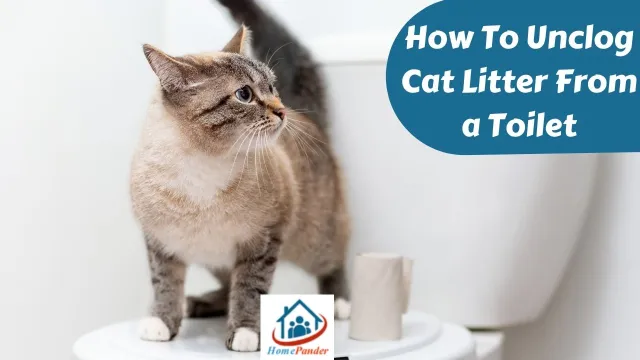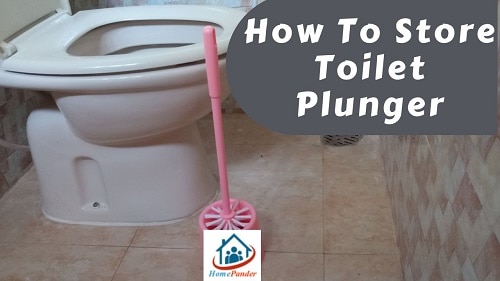When it comes to maintaining a clean and pest-free environment, the presence of flies can be a nuisance. Flies not only disrupt our peace but also pose potential health risks.
In the quest to eliminate these pesky insects, people often wonder if common household disinfectants like Lysol can effectively kill flies. In this article, we will explore the topic of whether Lysol kills flies and provide insights into the efficacy of using Lysol for fly control.
Does Lysol Kill Flies
| Methods for Fly Control | Effectiveness against Flies | Application Method | Safety Considerations |
|---|---|---|---|
| Lysol | Limited | Direct contact | Follow label instructions |
| Insecticides | High | Spraying or baiting | Use according to label |
| Fly Swatters | Moderate | Manual swatting | Avoid direct contact |
| Fly Traps | Moderate | Baiting or adhesive | Keep out of reach of pets |
| Essential Oils | Limited | Diffusing or spraying | Dilute properly |
| Natural Repellents | Limited | Spraying or planting | Follow product guidance |
Understanding Lysol
Lysol is a well-known disinfectant brand that has been trusted by households for decades. It is primarily used to kill germs and disinfect surfaces, helping to reduce the spread of infectious diseases.
Lysol products contain active ingredients such as quaternary ammonium compounds and ethanol, which have been proven effective against various pathogens.
Flies and Their Impact
Before delving into the effectiveness of Lysol against flies, it is essential to understand the impact these insects can have on our surroundings.
Flies are commonly found in households and can carry harmful bacteria, viruses, and parasites. Their presence can contaminate food and surfaces, potentially leading to infections and diseases. Proper fly control is crucial for maintaining a hygienic environment.
Lysol and Fly Control
While Lysol is effective in killing many types of germs and microorganisms, its efficacy against flies is somewhat limited. Lysol sprays may temporarily incapacitate flies upon direct contact due to their antimicrobial properties.
However, flies are resilient insects that can quickly recover, making it challenging to eliminate them solely by using Lysol.
How Lysol Works
Lysol disinfectant products work by disrupting the cell membranes of microorganisms, leading to their inactivation.
When sprayed directly on flies, Lysol can cause damage to their bodies and potentially lead to their demise. However, it is important to note that Lysol is not specifically formulated as an insecticide or fly killer, and its primary purpose is to disinfect surfaces.
Using Lysol to Repel Flies
While Lysol may not be the most effective fly killer, some individuals have reported using it as a repellent to deter flies from certain areas.
The strong scent of Lysol, combined with its antimicrobial properties, may act as a temporary deterrent for flies. However, it is essential to understand that Lysol’s fly repellent properties are not its intended use, and results may vary.
To utilize Lysol as a fly repellent, you can spray it around areas where flies are commonly found, such as garbage cans or kitchen surfaces. However, it is crucial to follow the instructions on the Lysol product label and exercise caution to avoid direct contact with the spray.
Safety Considerations
When using any disinfectant product, including Lysol, it is crucial to prioritize safety. Always read and follow the instructions and safety guidelines provided by the manufacturer.
Avoid direct contact with the spray, especially near your face or eyes. Ensure proper ventilation in the area where Lysol is used and keep it away from children and pets.
It is worth noting that Lysol, like other disinfectants, is primarily designed for surface disinfection and should not be used as a substitute for proper fly control methods.
Alternative Fly Control Methods
| Fly Control Methods | Effectiveness against Flies | Application Method | Safety Considerations |
|---|---|---|---|
| Essential Oils | Limited | Diffusing or spraying | Dilute properly, avoid contact with eyes or open flames |
| Vinegar Traps | Moderate | Baiting with vinegar or fruit juice | Place traps away from food preparation areas |
| Fly Paper or Ribbons | Moderate | Hanging or attaching | Keep out of reach of children and pets |
| Mesh Screens | High | Installation on windows and doors | Regular cleaning and maintenance for optimal effectiveness |
| Proper Waste Management | High | Proper disposal and sealing | Prevent breeding grounds for flies |
| Sanitation Practices | High | Regular cleaning and removal | Keep surfaces clean and eliminate food sources for flies |
| Natural Predators | Variable | Introduce predators such as frogs, birds, or spiders | Assess compatibility with local ecosystem |
| Fly Zappers | High | Electric zappers or bug zappers | Keep out of reach of children and follow safety guidelines |
While Lysol may have limited effectiveness in killing flies, several alternative methods can help manage and control these insects more efficiently.
Natural remedies such as essential oils like lavender or citronella, vinegar traps, or fly swatters can be used in conjunction with proper sanitation practices to control fly populations.
Additionally, ensuring proper waste management, keeping food covered, and sealing entry points can significantly reduce fly infestations.
Taking a comprehensive approach to fly control by combining different methods can yield better results in maintaining a fly-free environment.
Related Questions
Can I use any type of Lysol to kill flies?
Yes, you can use various Lysol products to temporarily incapacitate flies upon direct contact.
However, it is important to note that Lysol is not specifically formulated as an insecticide or fly killer, and its effectiveness against flies may be limited.
Is it safe to spray Lysol directly on flies?
While it is generally safe to spray Lysol around flies, it is important to avoid direct contact with the spray, especially near your face or eyes.
Always follow the instructions and safety guidelines provided by the manufacturer to ensure safe usage.
Does Lysol kill flies instantly?
Lysol sprays may temporarily incapacitate flies upon direct contact, but it does not guarantee instant elimination.
Flies are resilient insects that can quickly recover, so relying solely on Lysol for fly control may not be effective in the long term.
Can Lysol be used outdoors for fly control?
Lysol is primarily designed for surface disinfection and is more commonly used indoors. For outdoor fly control, it is recommended to explore alternative methods specifically formulated for outdoor use.
Are there any natural alternatives to Lysol for fly control?
Yes, several natural alternatives can be used for fly control. Essential oils like lavender or citronella can act as natural fly repellents.
Additionally, vinegar traps and proper sanitation practices can help reduce fly populations.
How often should I use Lysol for fly repellency?
The frequency of using Lysol for fly repellency depends on various factors such as the level of fly activity and the specific area being treated.
It is recommended to follow the instructions on the Lysol product label and use it as needed to maintain fly-free zones.
Conclusion
While Lysol can temporarily incapacitate flies upon direct contact, its effectiveness as a fly killer is limited. Lysol’s primary function is to disinfect surfaces and kill germs, and it should not be solely relied upon for fly control.
However, some individuals have reported success in using Lysol as a fly repellent due to its strong scent and antimicrobial properties.
To effectively control flies, it is recommended to explore alternative methods specifically designed for fly control.
Combining proper sanitation practices, natural remedies, and other proven fly control techniques can help in maintaining a fly-free environment.



![How To Clean Dark Grout That Has Turned White [5 Easy Ways]](https://homepander.com/wp-content/uploads/2021/12/How-To-Clean-Dark-Grout-That-Has-Turned-White.webp)
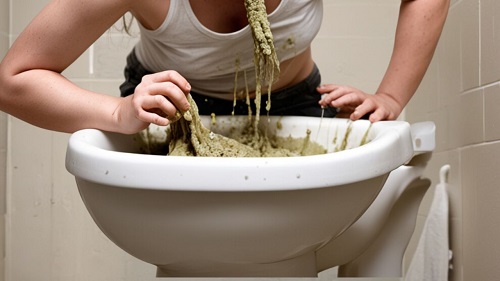

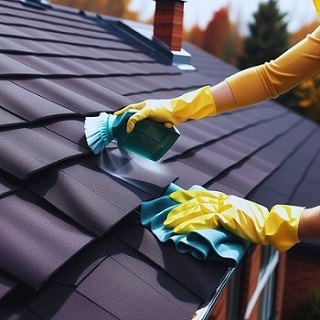





![How to Remove Crystallized Urine [Explained]](https://homepander.com/wp-content/uploads/2022/02/How-To-Remove-Crystallized-Urine.jpg)

